Why Switching to Solar Power Is Beneficial to the Environment
As climate change continues to pose a significant threat to our planet, the adoption of renewable energy sources has become more critical than ever. Among these sources, solar power stands out for its vast potential and numerous benefits. Switching to solar energy not only reduces reliance on fossil fuels but also offers a myriad of environmental advantages. Solar power provides a sustainable alternative, harnessing the energy of the sun to generate electricity. Here’s why making the shift to solar power can lead to a healthier and more sustainable planet.
Reducing Greenhouse Gas Emissions
First and foremost, solar power is a clean source of energy that significantly reduces greenhouse gas emissions. Unlike coal and natural gas, which produce a vast amount of carbon dioxide and other harmful pollutants, solar panels generate electricity without emitting any greenhouse gases. In fact, American solar power offsets over 70 million metric tons of carbon dioxide every year, which is like planting almost 1.2 billion trees, according to Solstice, a solar energy resource. This reduction in greenhouse gases is crucial for combating climate change and minimizing the detrimental effects associated with global warming. With more widespread use of solar energy, the impact on reducing global carbon footprints will increase, allowing the world to progress towards a more sustainable future.
Improving Air Quality
Another notable benefit of solar power is its role in reducing air pollution. The burning of fossil fuels releases various pollutants, including sulfur dioxide, nitrogen oxides, and particulate matter, which contribute to smog and respiratory problems. By switching to solar energy, we can drastically cut down on these pollutants. Cleaner air not only improves public health but also enhances the quality of ecosystems, making our natural environment more resilient and vibrant. In areas with high solar adoption, significant reductions in air pollutants have already been observed, providing a cleaner and healthier atmosphere for future generations.
Conserving Water Resources
Water conservation is another environmental benefit of adopting solar power. Traditional power plants, such as coal, nuclear, and natural gas facilities, require vast quantities of water for cooling and steam production. This demand poses a significant strain on local water resources, particularly in areas prone to drought. Solar power, on the other hand, requires minimal water for operation, making it a highly sustainable option that conserves precious water resources and mitigates the impact on aquatic ecosystems. With global water scarcity becoming an increasingly critical issue, the water-saving potential of solar energy cannot be overlooked.
Protecting Wildlife and Habitats
Furthermore, transitioning to solar energy helps preserve natural habitats and wildlife. Fossil fuel extraction and infrastructure development often lead to habitat destruction, fragmentation, and pollution, posing severe threats to biodiversity all over the world. Solar installations, particularly rooftop panels and solar farms located on previously disturbed land, offer a less intrusive alternative. By reducing the demand for fossil fuels, solar power helps protect ecosystems and species that are vulnerable to the impacts of traditional energy production. Solar projects can be designed to minimize ecological disruption, further enhancing their role in environmental protection.
Promoting Energy Independence and Resilience
Lastly, solar power promotes energy independence and resilience. By harnessing energy from the sun, communities can generate their own electricity and reduce their reliance on external energy sources. This decentralization of power production not only increases energy security but also minimizes the environmental impact of large-scale energy infrastructure. In the event of natural disasters or grid failures, solar-powered communities are better equipped to maintain access to electricity, ensuring continuity and stability. This resilience is especially important as climate change increases the frequency and severity of extreme weather events.
The environmental benefits of switching to solar power are clear and compelling. From reducing greenhouse gas emissions and air pollution to conserving water and protecting natural habitats, solar energy offers a sustainable path toward a healthier and cleaner planet. By adopting solar power, we can make significant strides toward mitigating climate change and preserving the health of our planet for future generations. The potential for solar to transform our energy systems is vast, and as individuals, communities, and nations, it's time to embrace the sun’s abundant energy and illuminate a cleaner, greener future. When you're ready to take your first step towards renewable energy for your home or business, contact Northwind Solar!
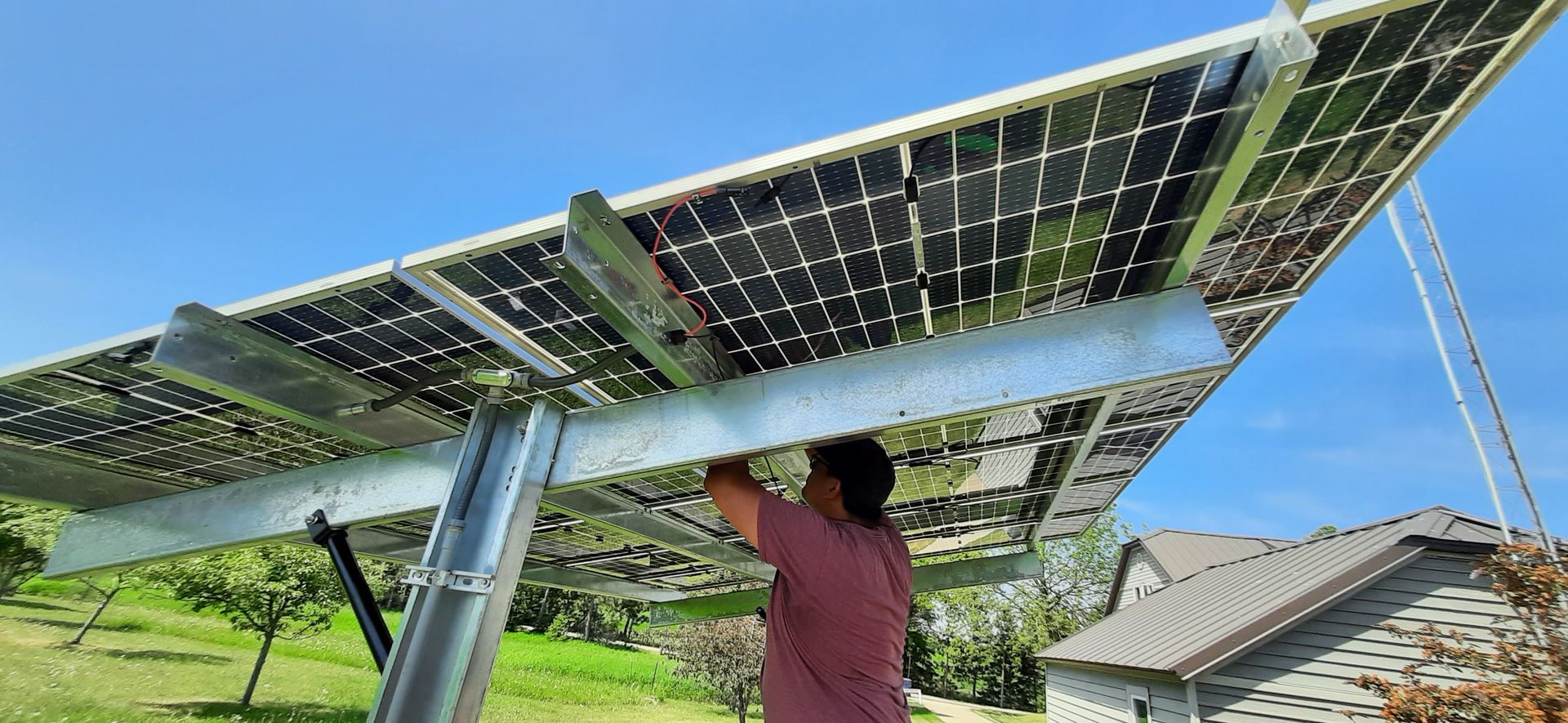
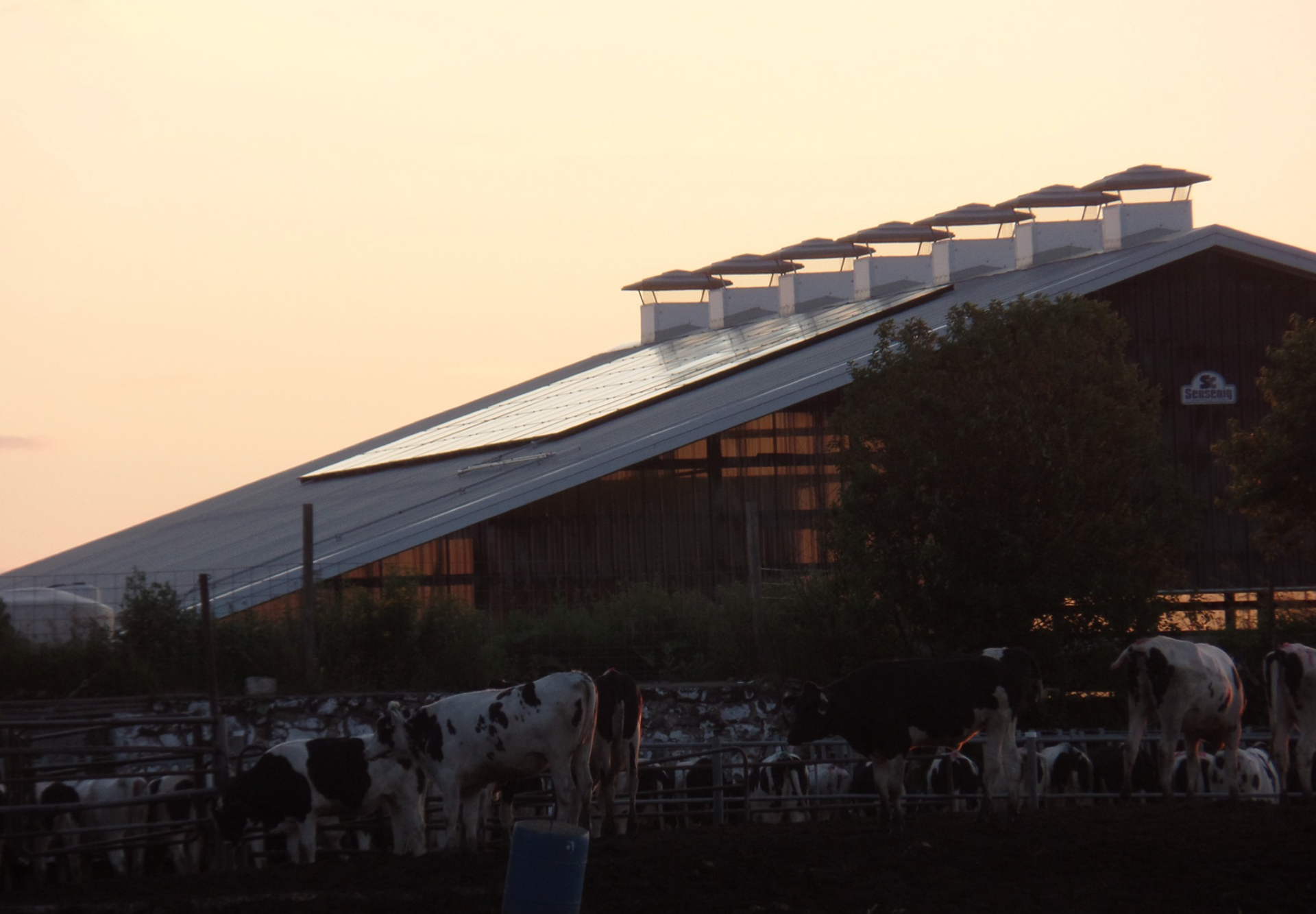

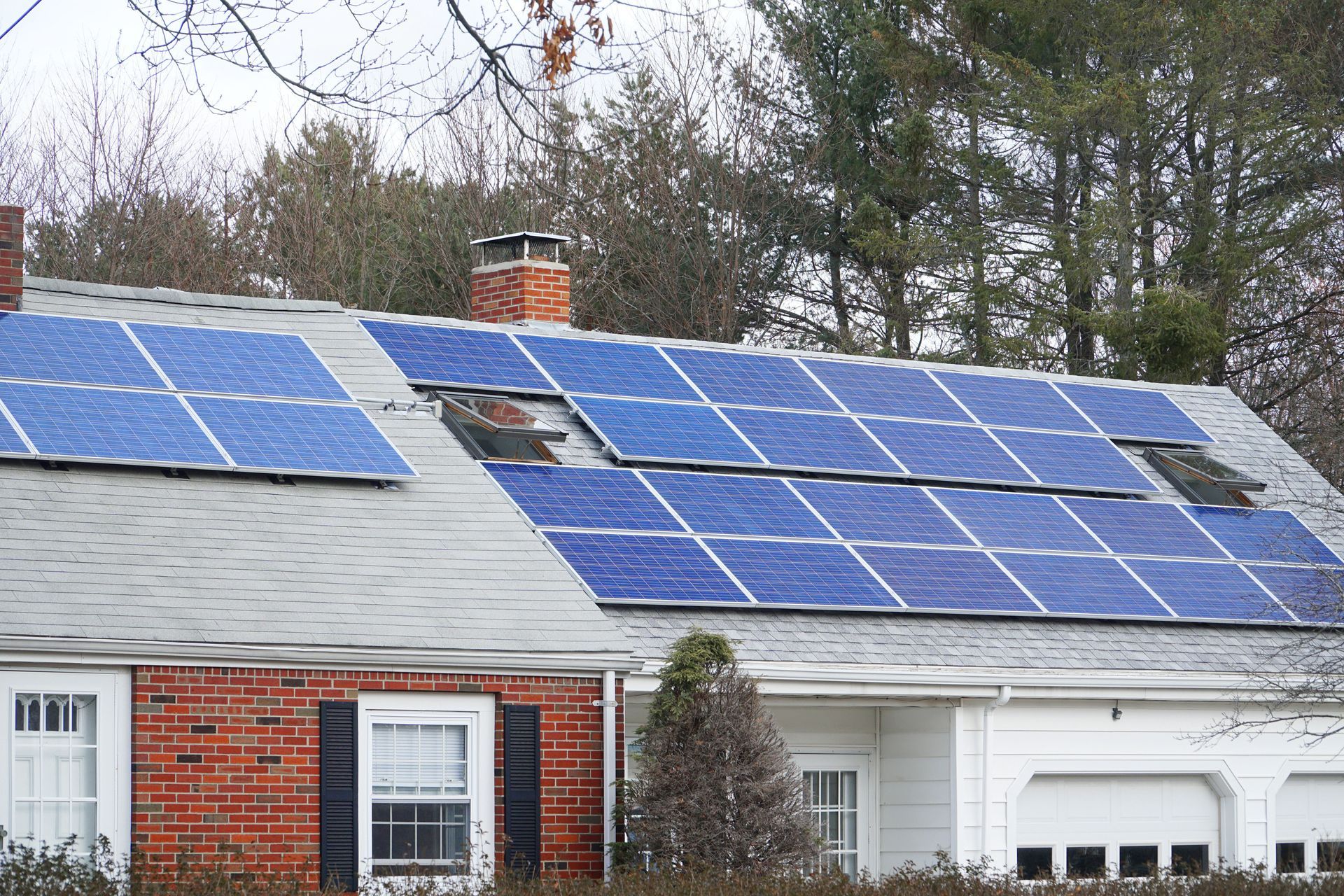
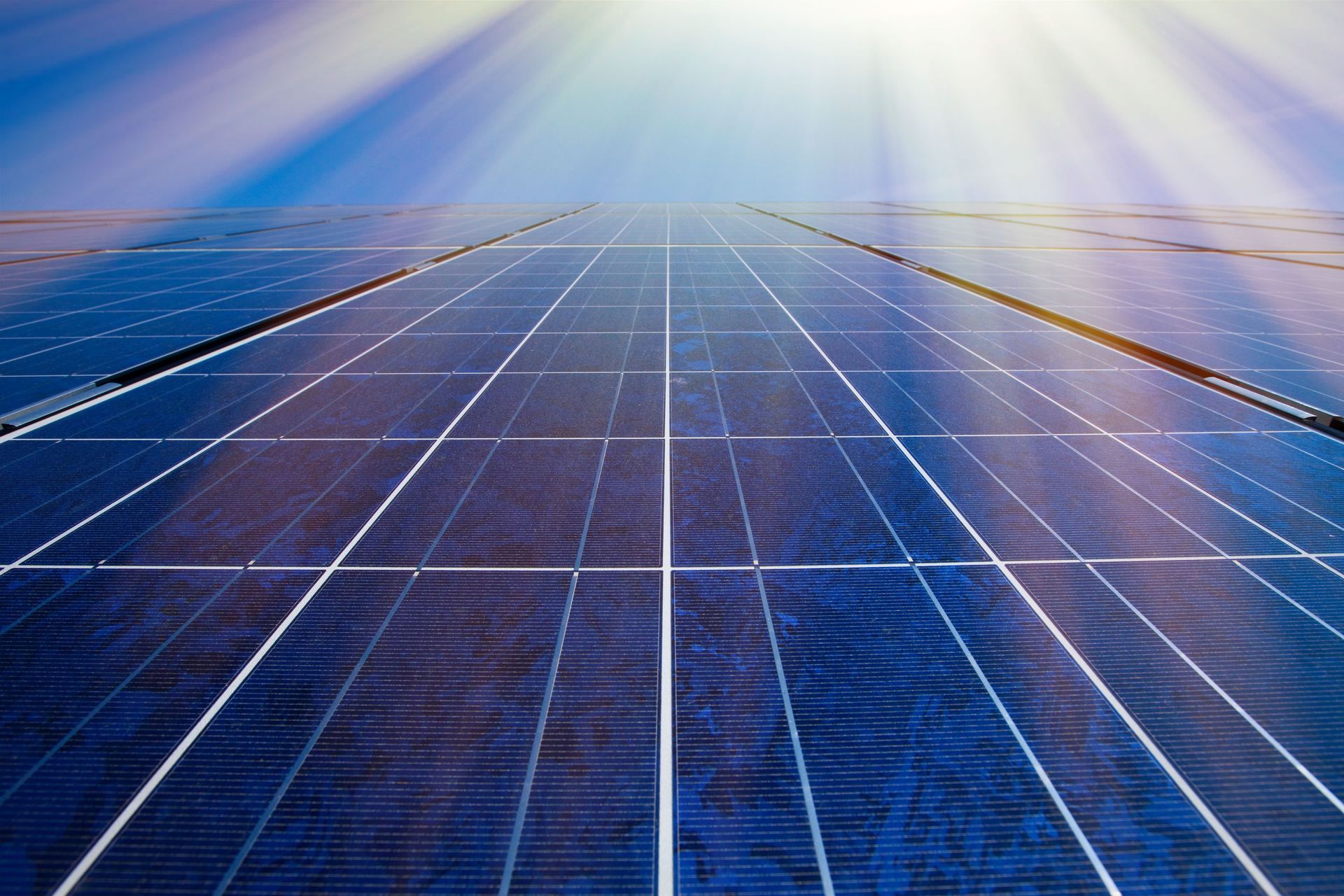
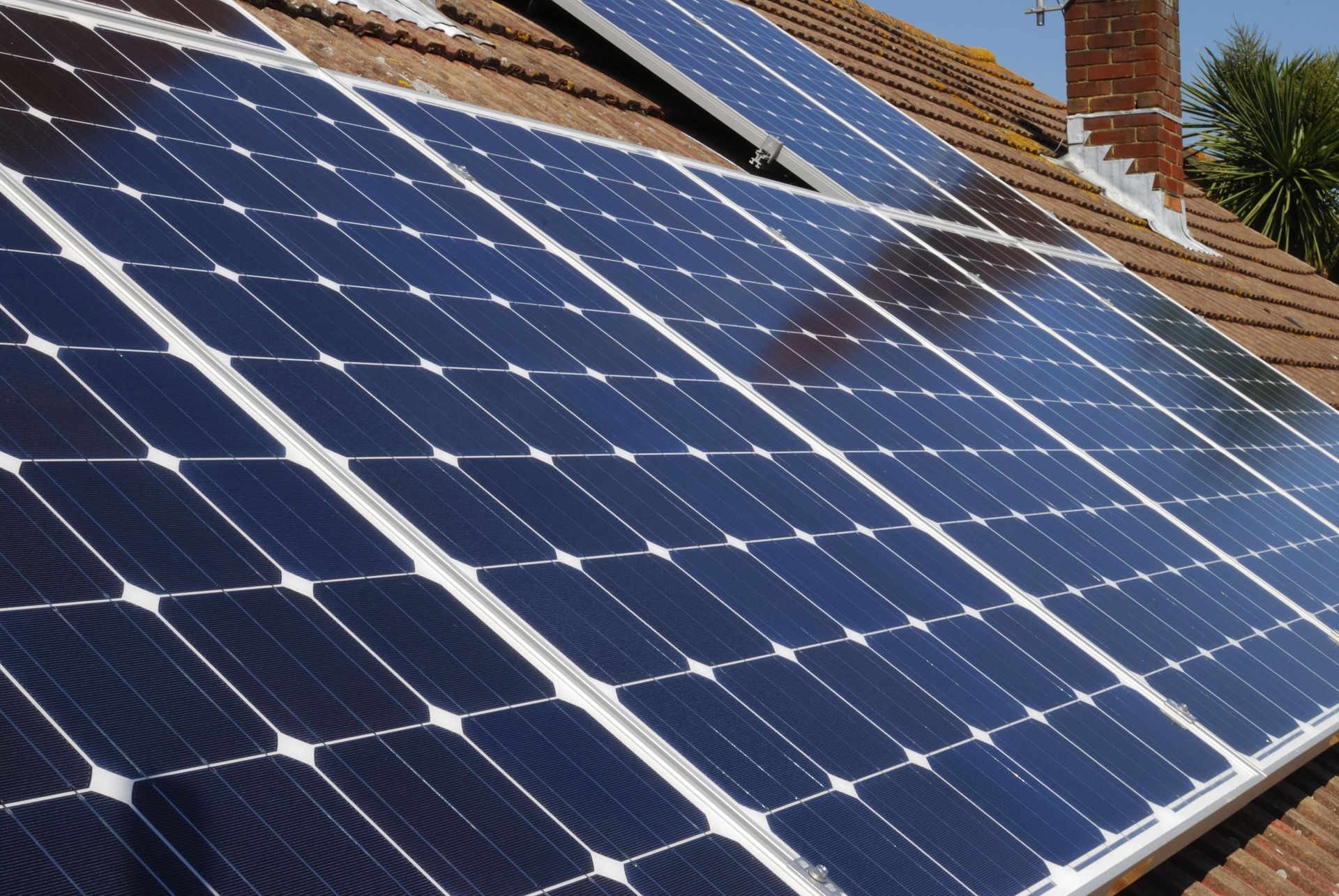
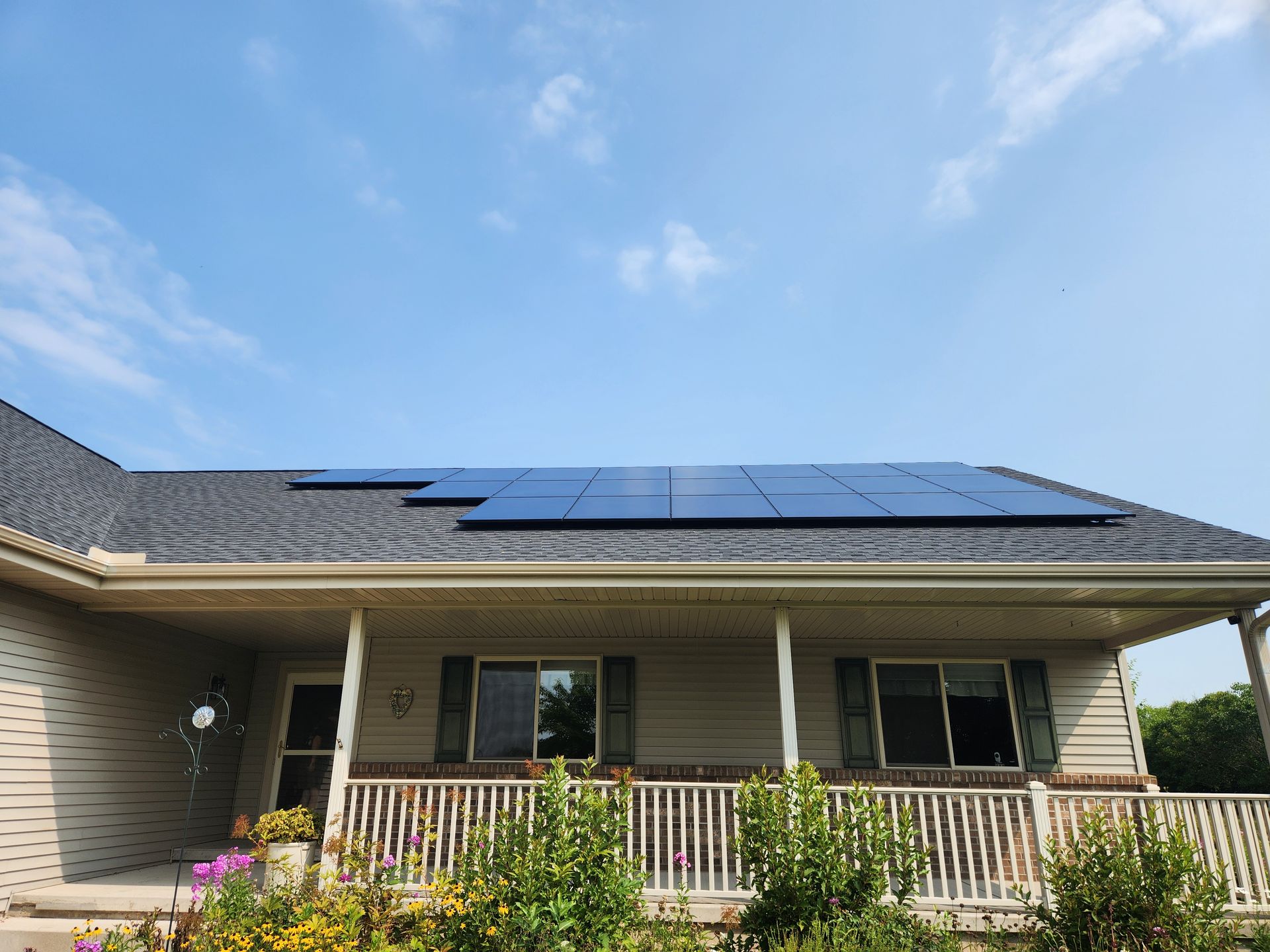


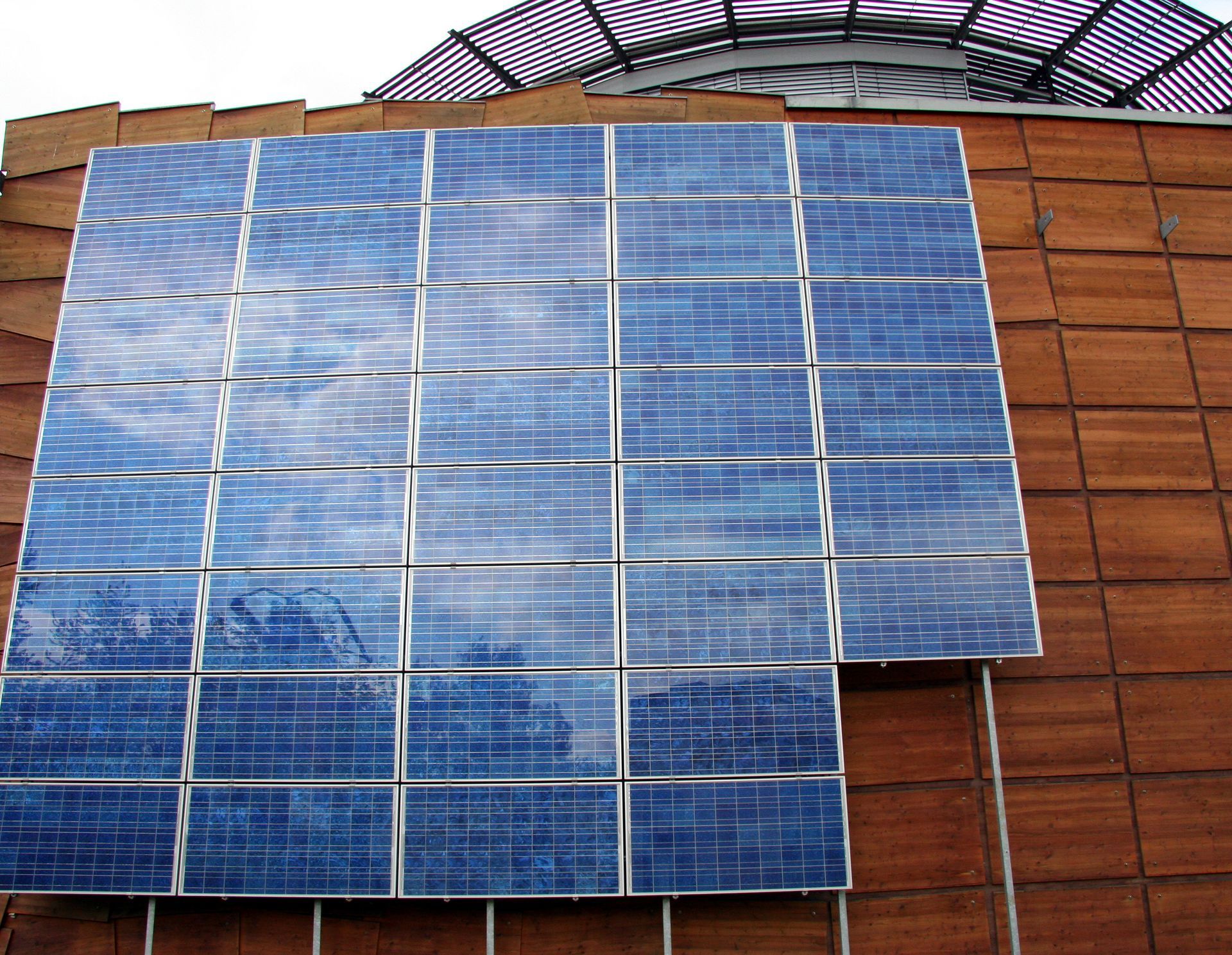

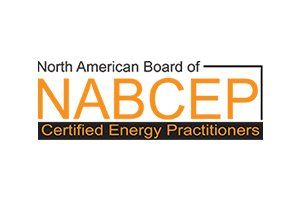
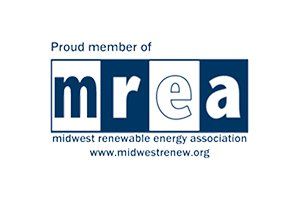




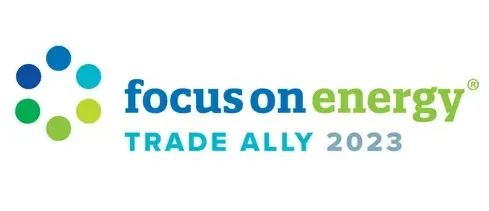











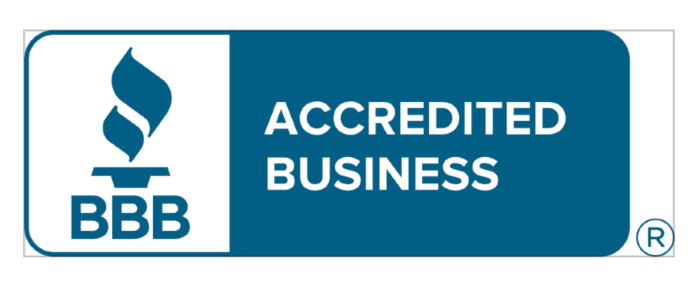
Share On: